Become a savvy consumer with this guide from Brown Living. Learn how to identify greenwashing and make informed choices about sustainable products and practices.
At some point in all our lives, even the most sustainable of us have been deceived by greenwashing. Many of us tend to begin our transition to a low-waste life by making basic initial swaps, such as replacing our plastic toothbrush with a bamboo one. It is usually in these early stages that one is all the more likely to be a victim of greenwashing.
What is Greenwashing?
Greenwashing is a marketing technique, of making your company or product appear more planet-friendly than it actually is. Larger brands and companies often put in more effort to advertise and present their offerings as ‘green’ without actually minimising environmental impact. To help you understand how this works, let’s take an example-
Decoding the difference between a ‘green’ v/s ‘green washed’ shampoo
Let’s assume you decide to make a sustainable swap for your hair care routine and are looking for a natural, or plant-based shampoo. Since you also know that plastic bottles add to landfill pressures, you would prefer to find something that came in safer packaging too.
While shopping, you come across a well-known brand that has launched a new range of ‘green’ shampoos & conditioners. They claim that their formulations are full of ‘natural extracts’, are ‘98% vegan’ and are also packed in ‘paper bottles’. Sounds like you just found what you needed right?
For those who are new to sustainable living, greenwashing can result in being misled to believe that your swap is green. But, on a closer look, you may begin to realise the loopholes:
-
When a product claims to have natural extracts, it need not mean it’s entirely natural. A quick research about the ingredients list at the back will probably reveal a very small percentage of natural ingredients and the rest could be all synthetic chemicals.
-
If a product claims to be 98% vegan, it means only one thing- It is not vegan. For a product to be vegan, it must have no part of animal byproducts or element of cruelty. Hence, the language used is designed to draw you in with a deceiving claim.
-
Lastly, let’s discuss the paper bottles used to hold shampoo. In most cases, these are regular plastic bottles, wrapped in an extra layer of paper covering. Owing to the nature of liquid shampoos, paper bottles cannot always hold the product, and hence this has become a common greenwashing practice.
These initial signs of how a product is created versus how it is labelled hold the key to knowing if you’re being greenwashed. Thankfully, with the advent of ethical, local brands in India, making genuinely Earth-friendly choices has become a lot easier. The options have also widened, with a range of alternatives based on your exact needs.
Once again, let’s take the very case of your hunt for a toxin-free, hair & planet-friendly natural shampoo:
-
One good option is to try shampoo bars. Shampoo bars are long-lasting and gentle hair cleansers that are usually made using all-natural formulations. They are effective in cleansing the hair and also keep the waste-water stream free of toxins. The lack of synthetic chemicals in these bars also keeps your hair damage-free.
-
local haircare brands now make these bars using 100% natural formulations (a mix of herbs, flower & plant extracts and essential oils). From product to packaging, they are toxin-free and biodegradable products. Since they are in solid form, they do not come in plastic bottles and leave no waste after use.
-
Additionally, you can also look for brands that provide refillable steel or glass bottles as a part of the shampoo packaging. This way, the packaging can be reused multiple times and reduces your waste output.
Besides misleading labels, there is a lot more to greenwashing that one should be alert to. Here is a checklist of a few things you should look out for, before buying a ‘green’ product:
-
If it claims to be a ‘certified’ organic/vegan/cruelty-free product, is the certification genuine? For this, take a look at the symbols used at the back of your product (check if they are original and as per industry standard).
-
Also, look for government and regulatory body approvals such as the FSSAI mark on organic products. You can also visit the brand’s website to check if details of these certifications and the brand’s practices are mentioned transparently.
-
Take a close look at the ingredients list and identify loopholes. This is especially important if you want to switch to all-natural products. To know a bit more about this, check out our previous blog here.
-
Understand the packaging of your product:
-
If it is wrapped in plastic, is the plastic recyclable or reusable?
-
If the same product has a plastic-free alternative, is the option accessible to you?
-
If it comes in an alternate, sustainable packaging such as paper wraps, post-consumer boxes, etc. look for proper disposal solutions
-
Some sustainable brands also recollect used packaging, so do remember to ask these crucial questions before making a purchase
-
If your product packaging claims to be biodegradable what can you do to ensure it is treated appropriately?
-
If it is compostable, can it be home composted or do you need to send it to a facility?
-
Last but not least, also be alert to excess packaging frills that may or may not be required. This means extra labelling, pamphlets with your order, wrapping paper frills, etc. Ask your seller if these can be avoided to prevent waste.
-
To ensure that your swaps are truly sustainable, it is also important to know how it was sourced or manufactured. If the product itself is Earth-friendly, but the manufacturing process was unethical then it fails to serve a sustainable purpose.
By now, we hope you have a clearer picture of what entails the features of a product that is truly ethically made. As you protect yourself from greenwashing, you can make the smooth switch to sustainable alternatives, on www.brownliving.in!
With 300+ verified eco-conscious sellers, this is #AGoodPlaceToStart












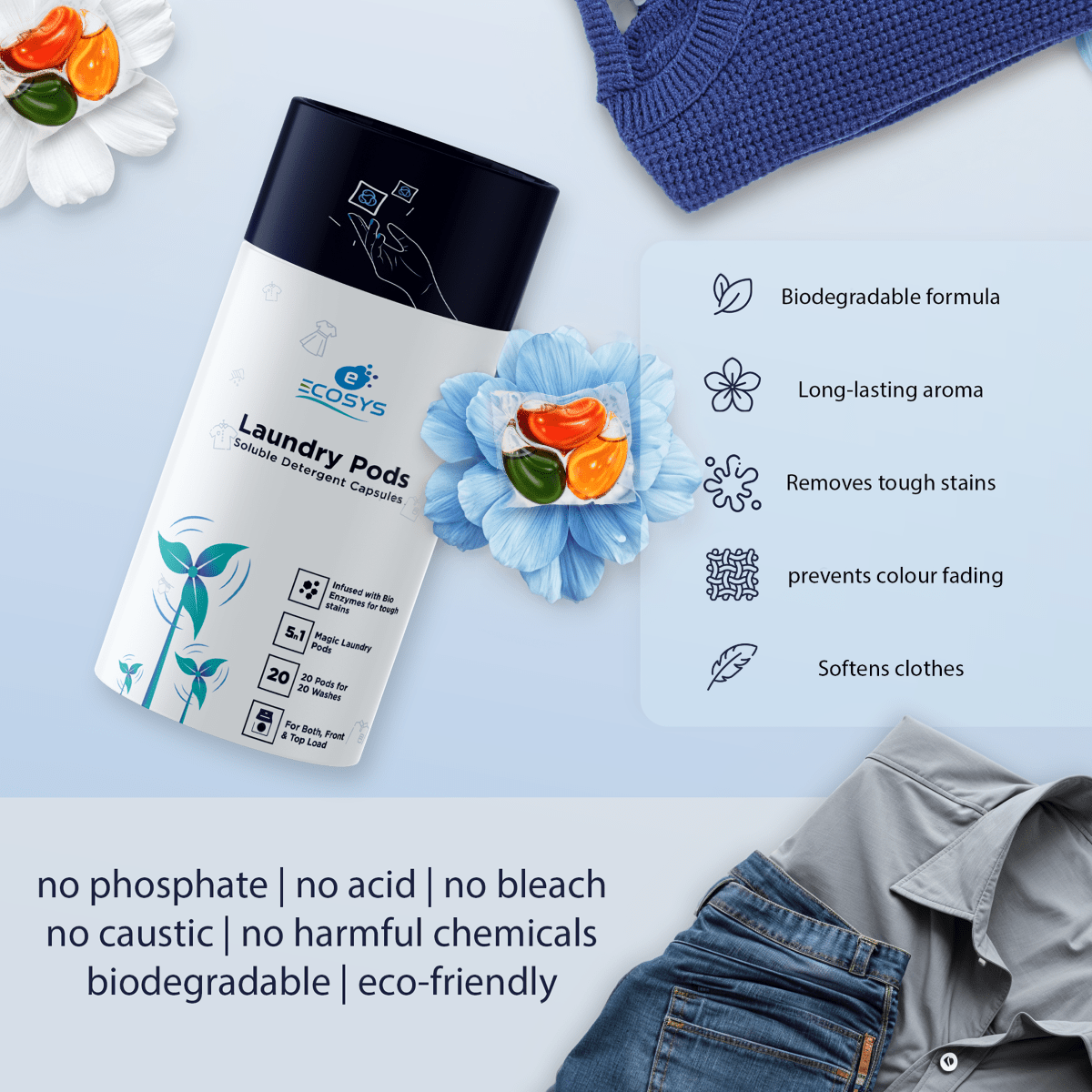
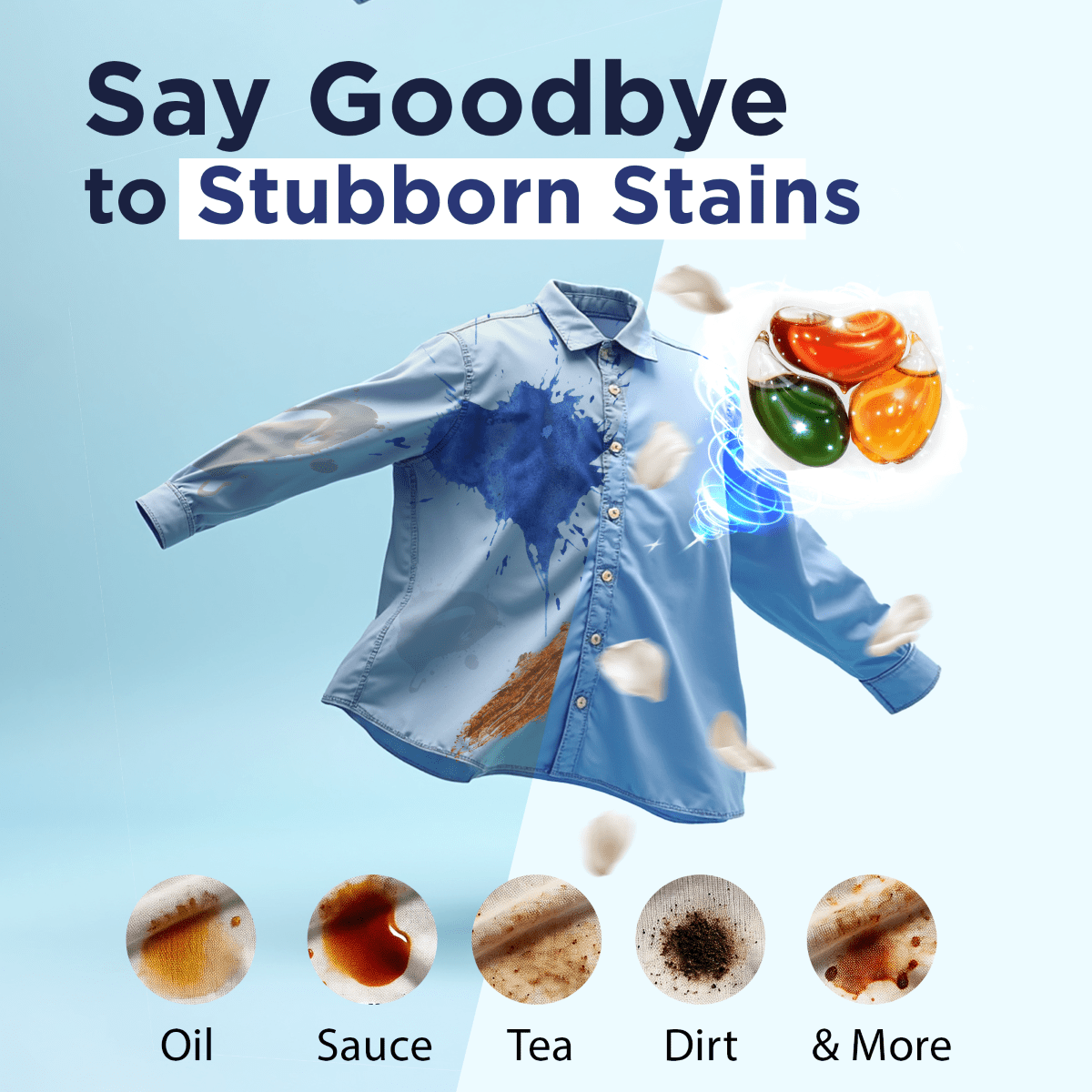
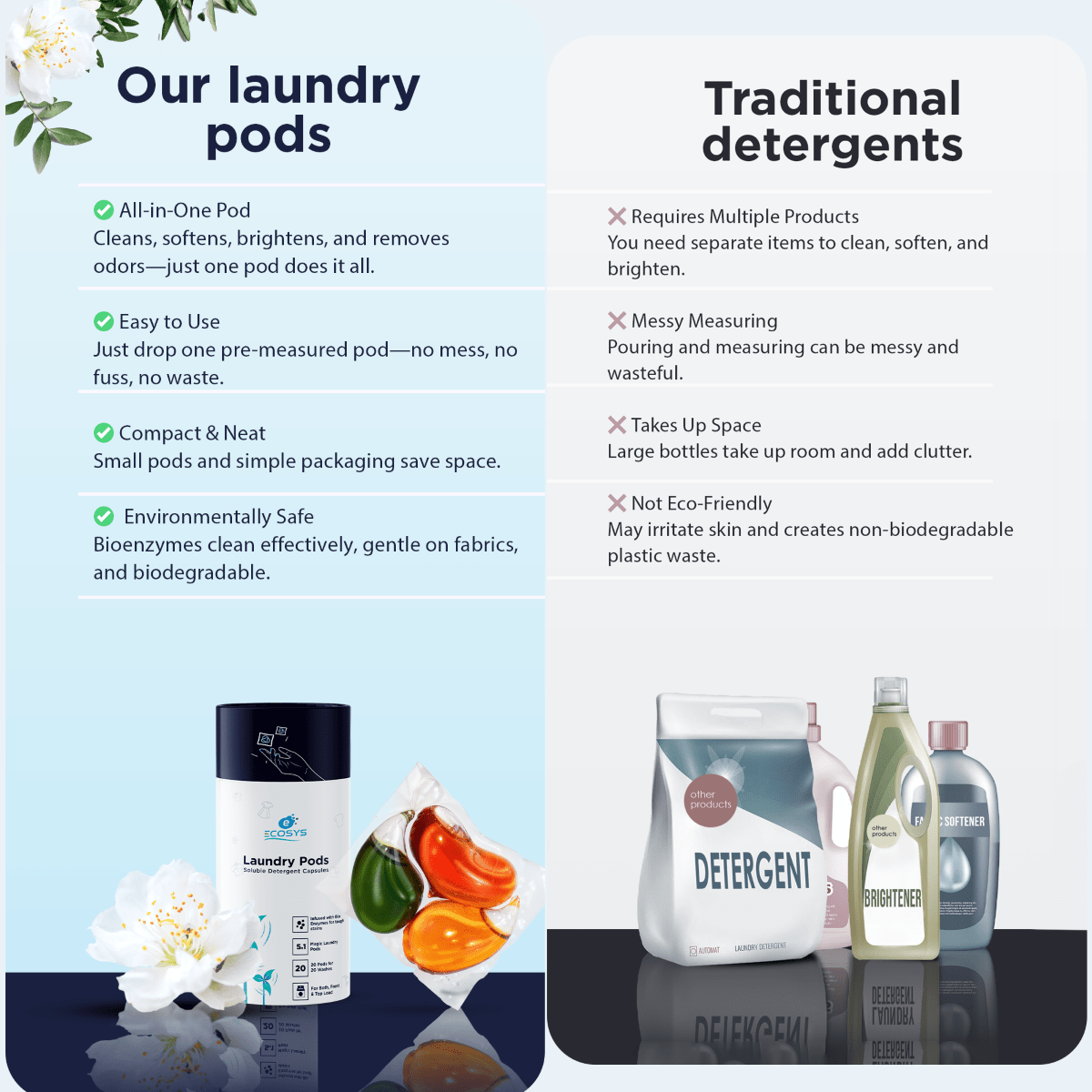

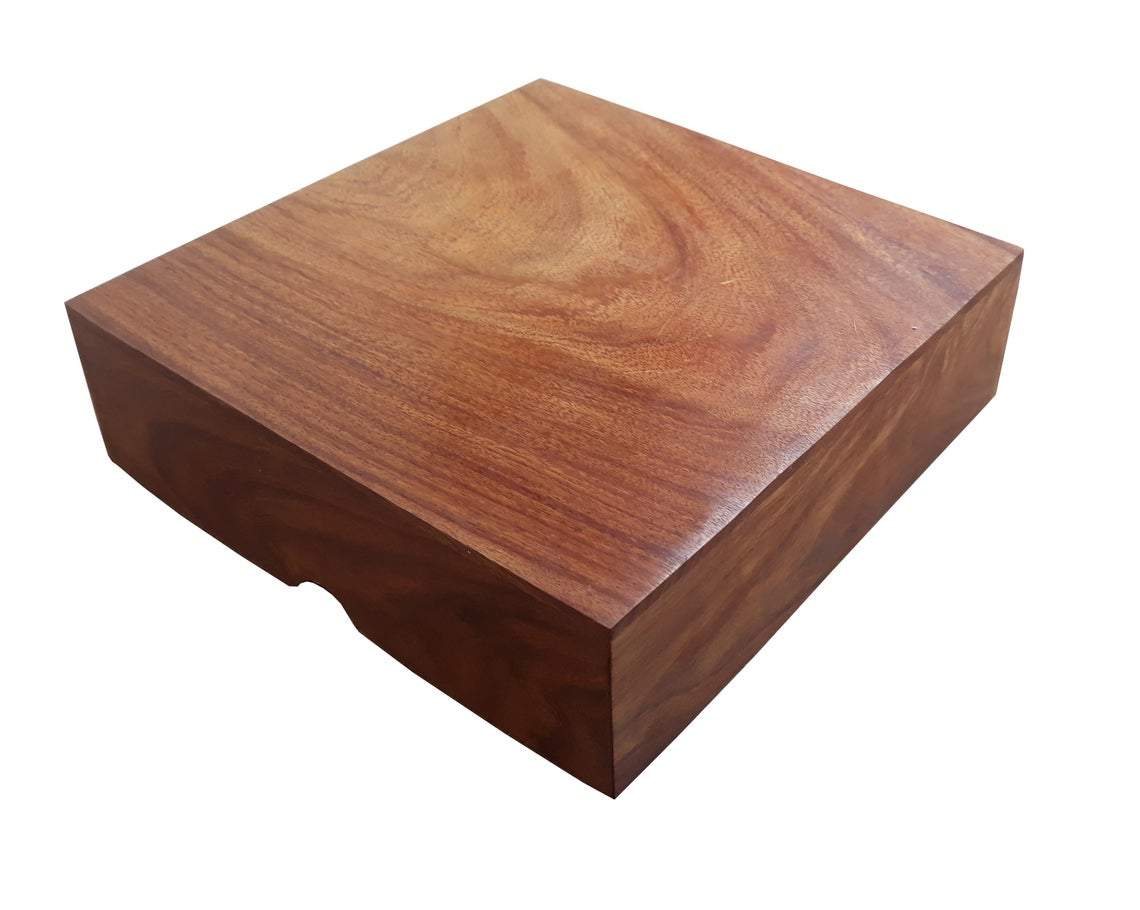







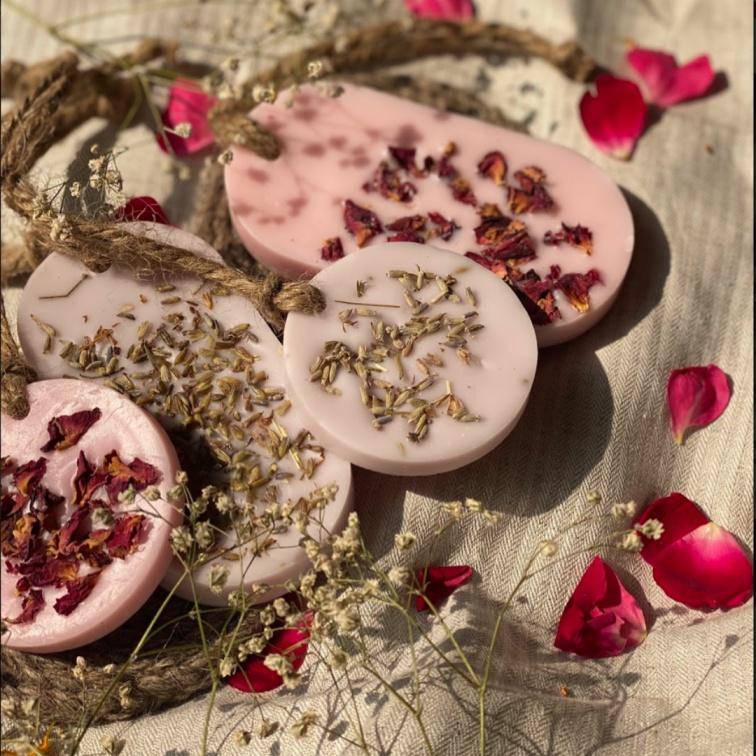

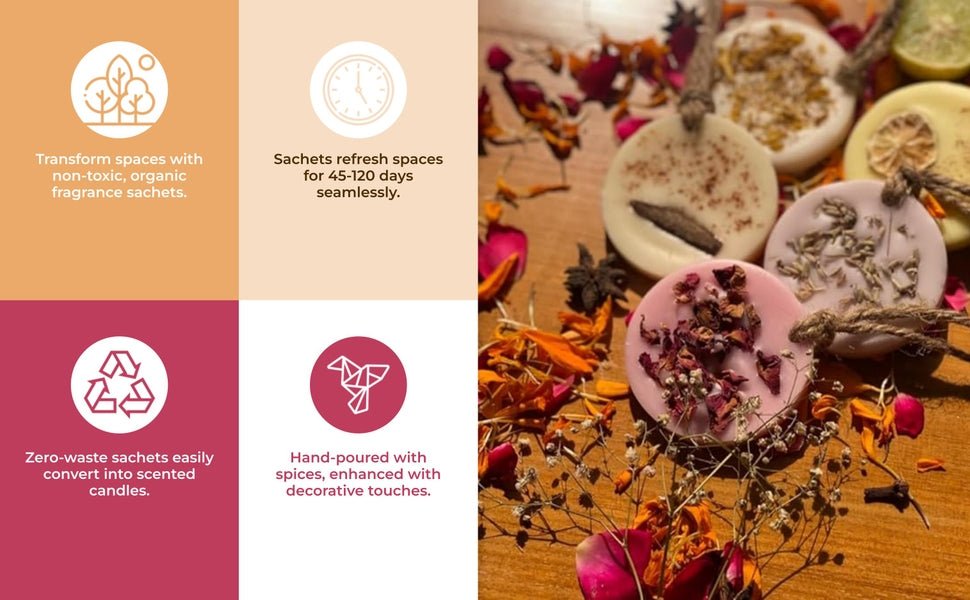







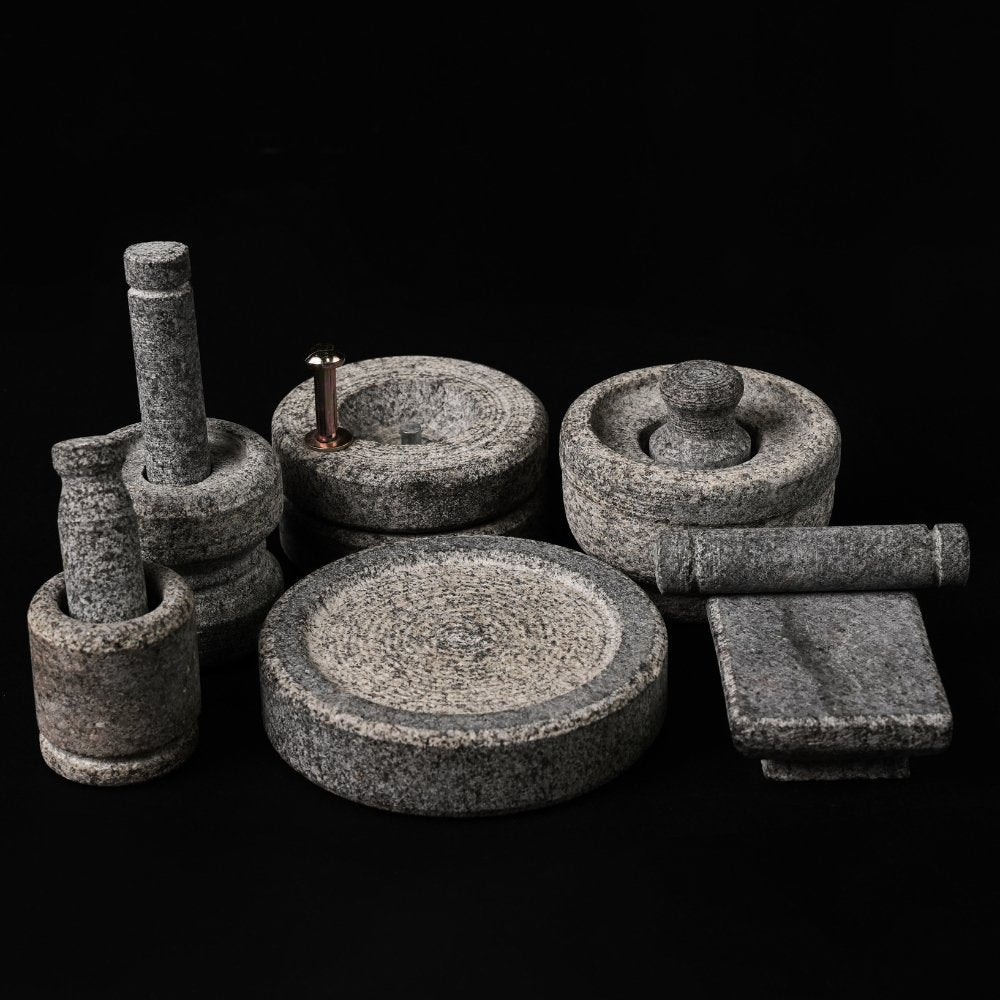
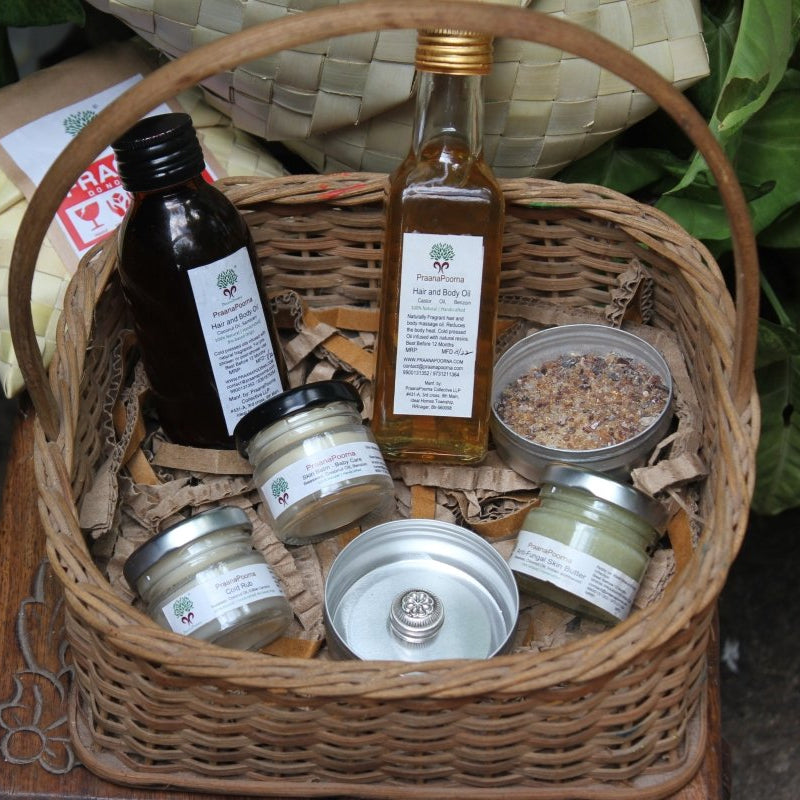
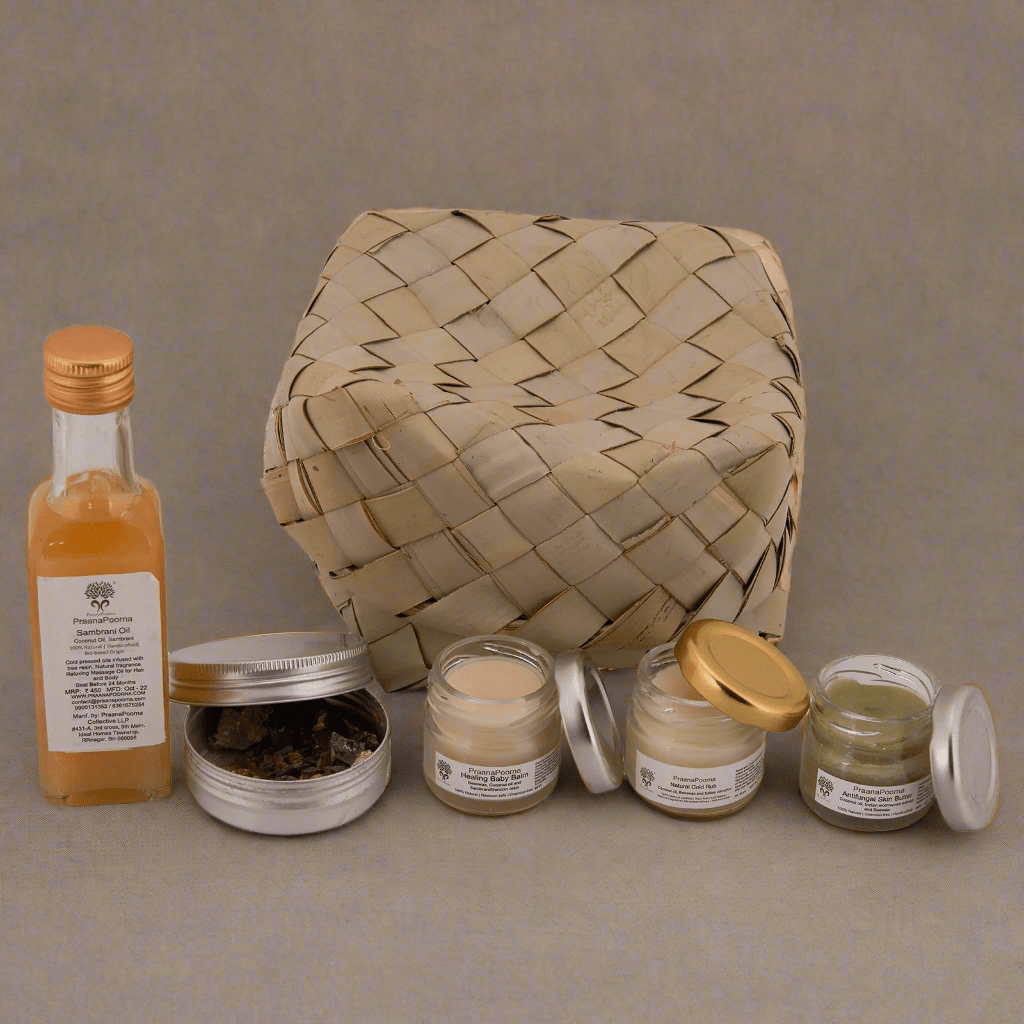
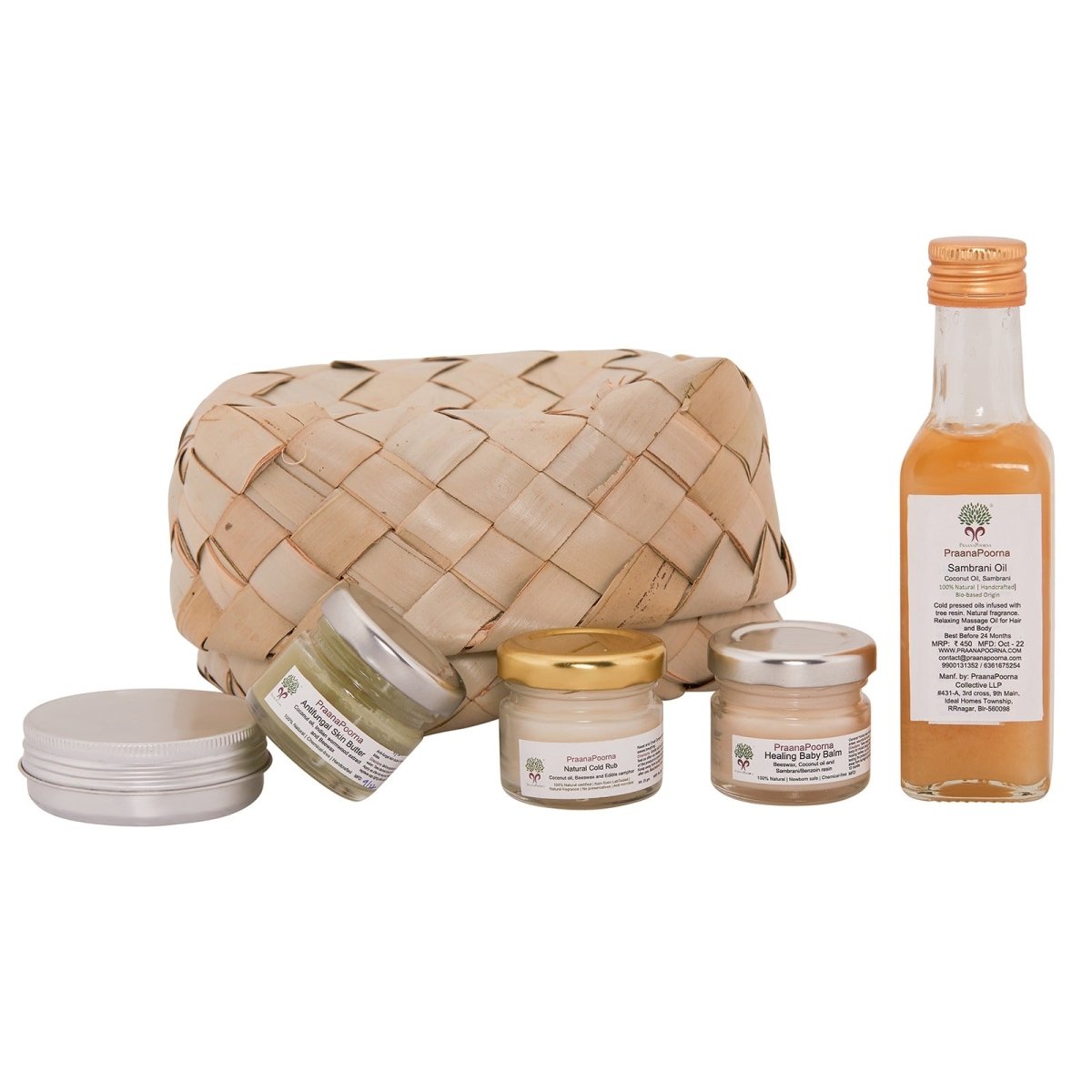
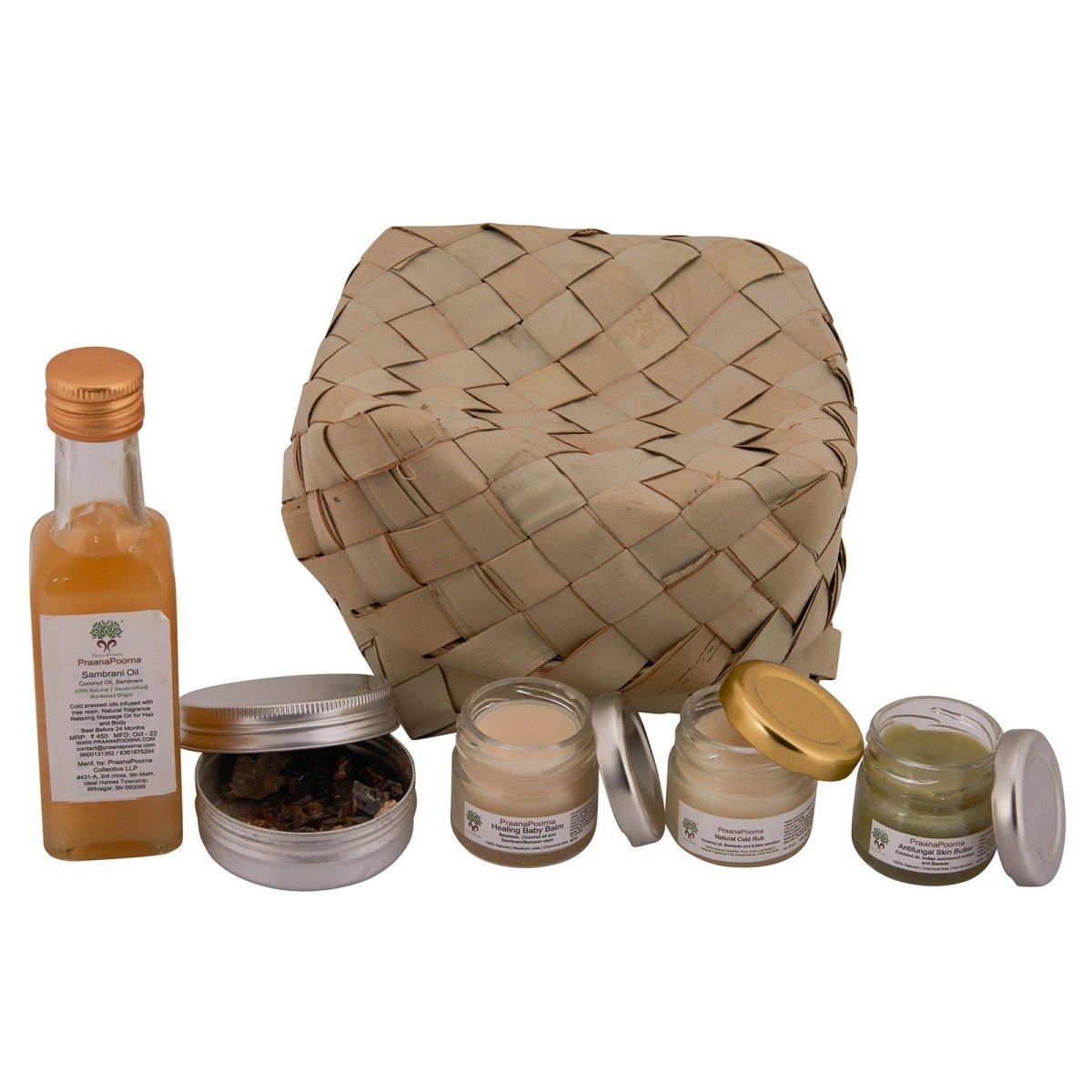
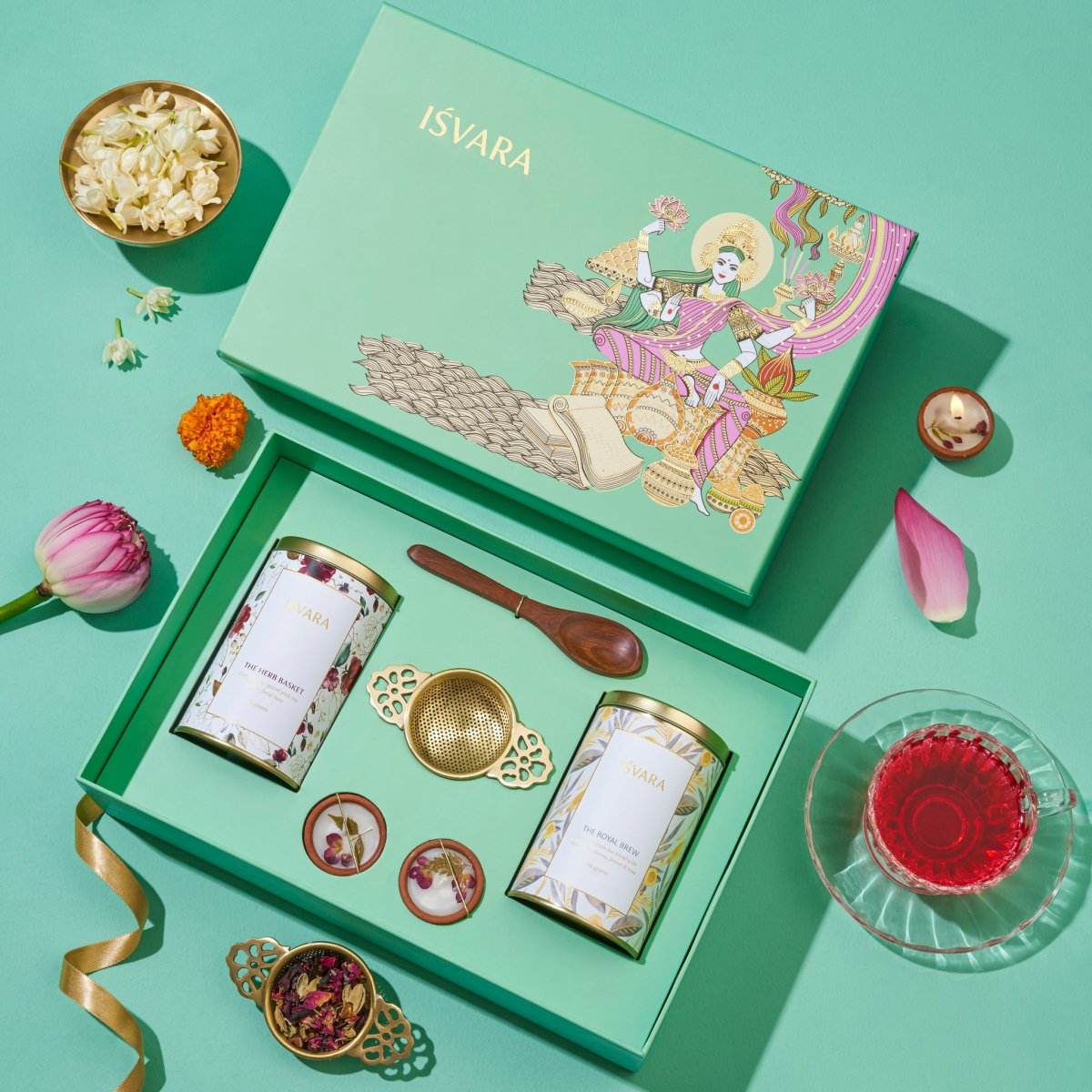
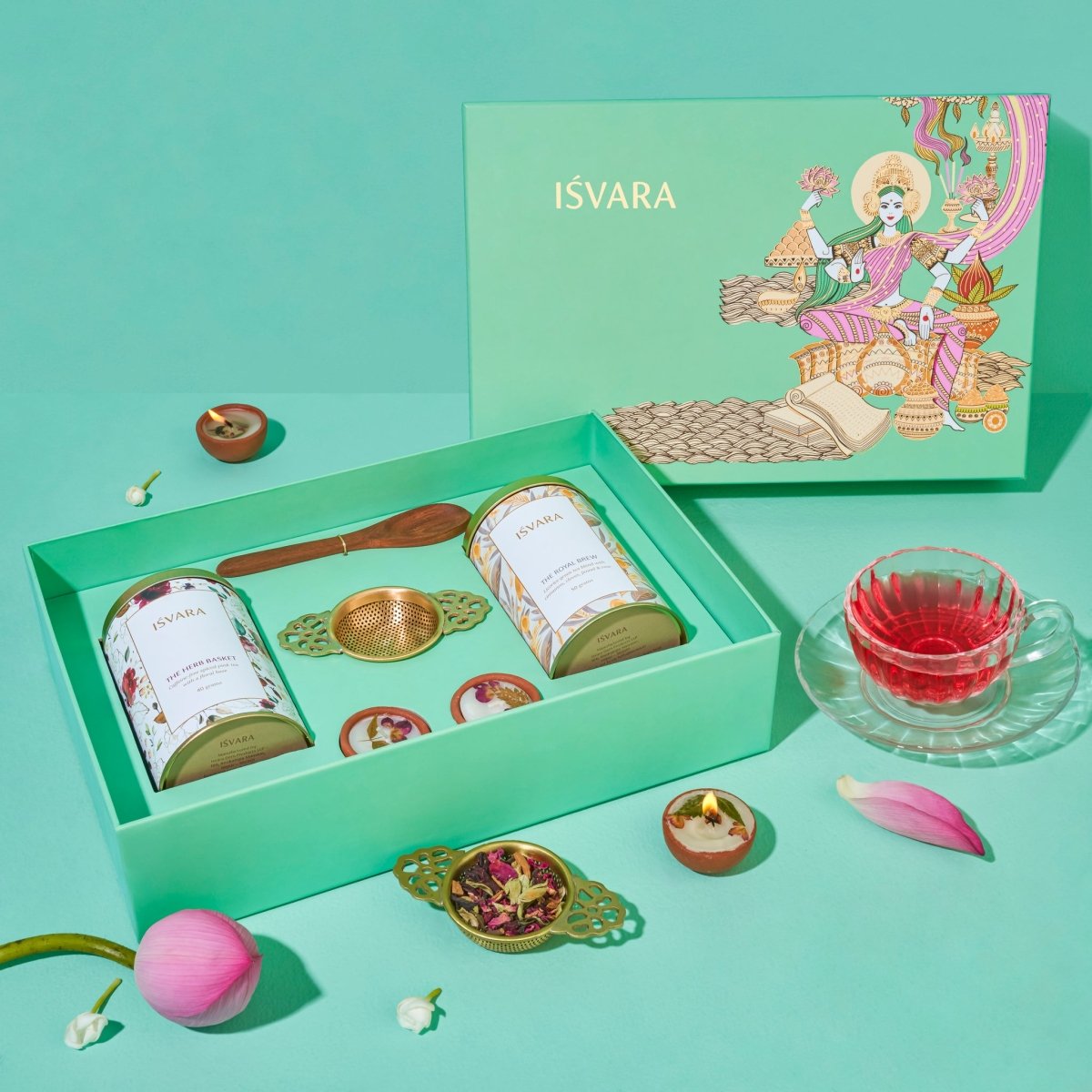
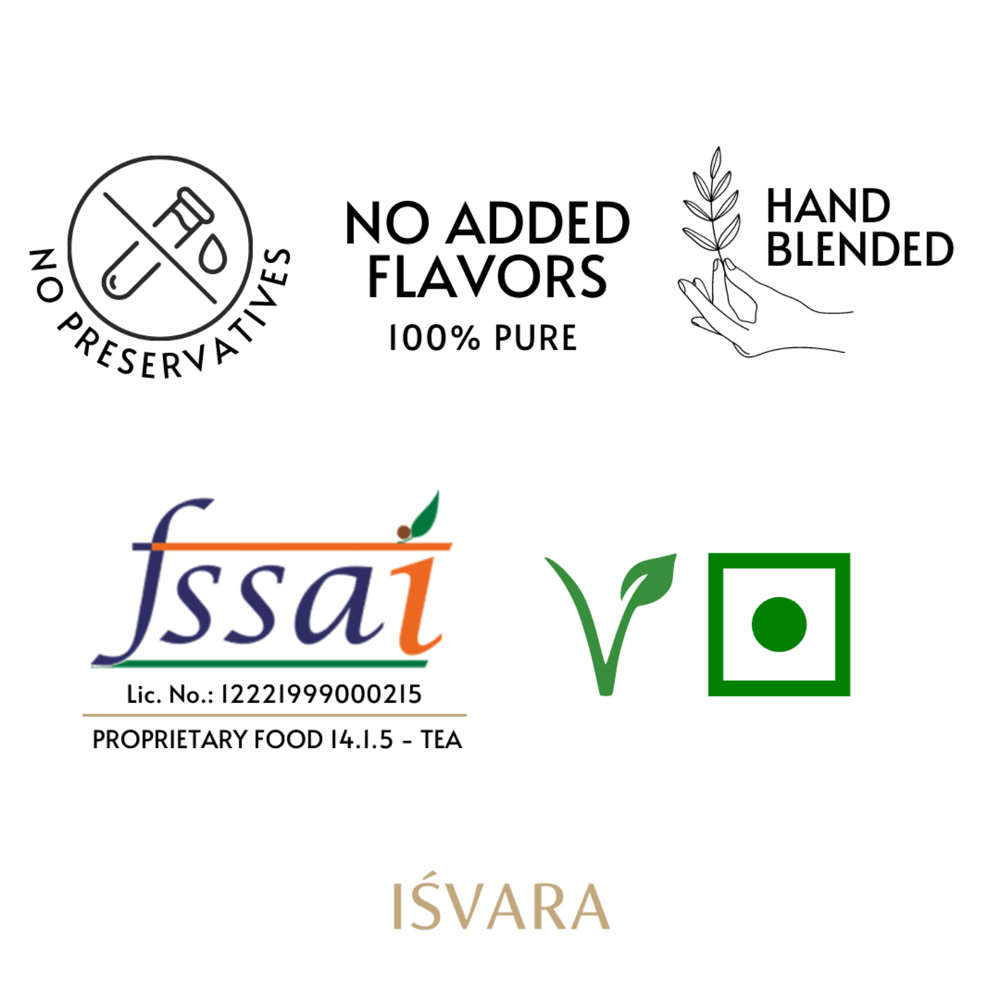
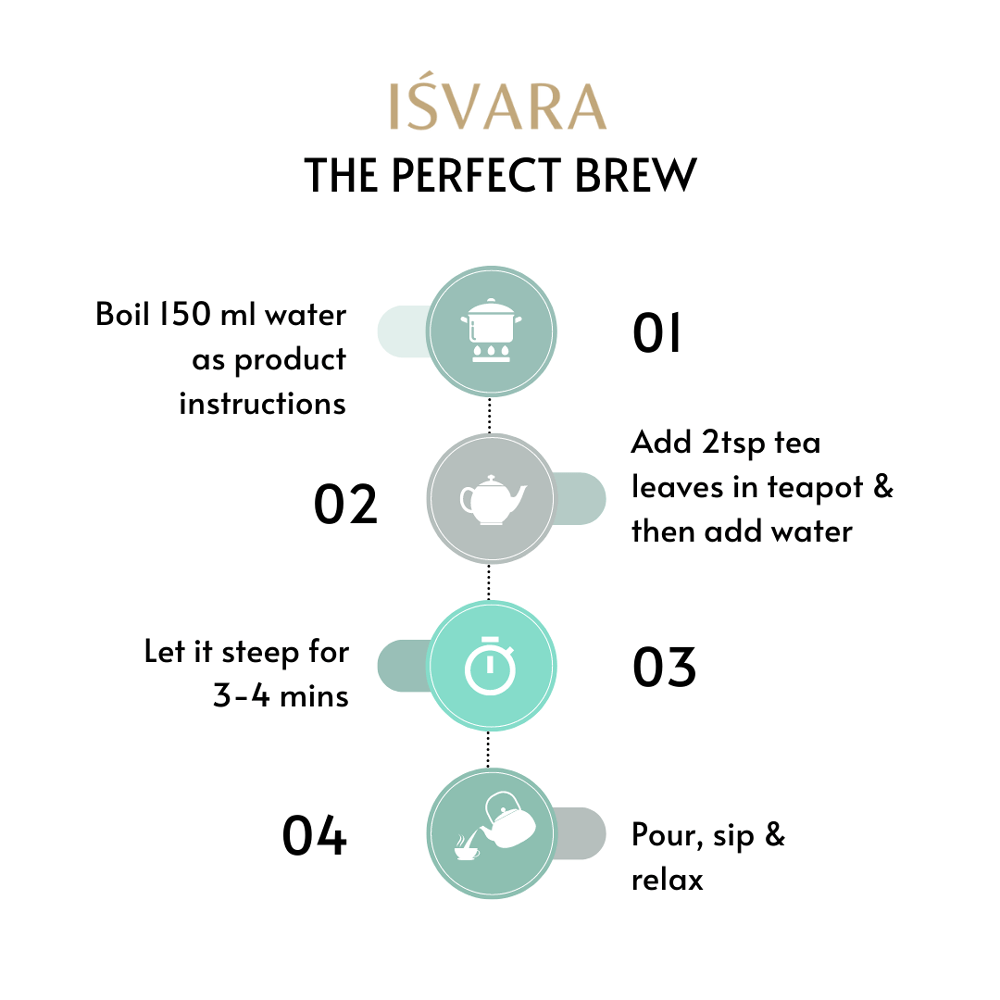
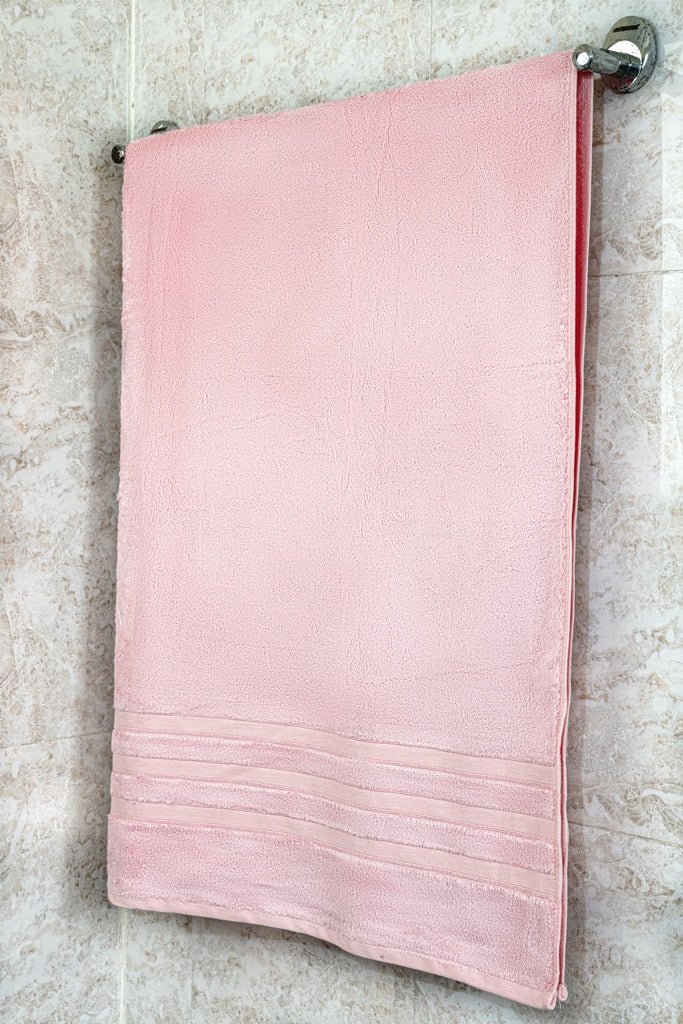
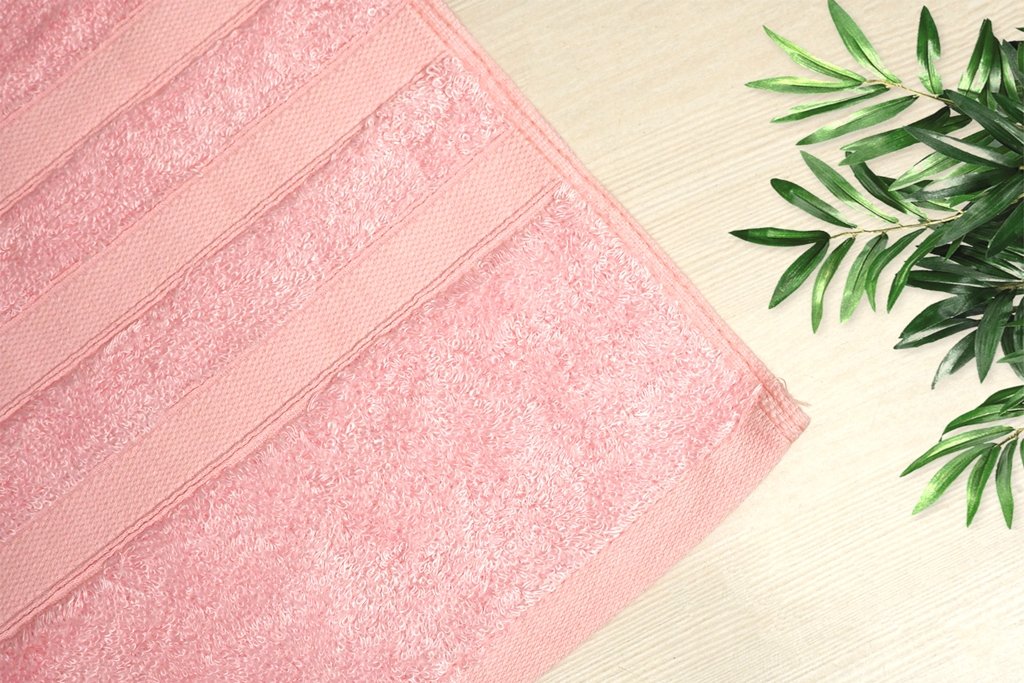
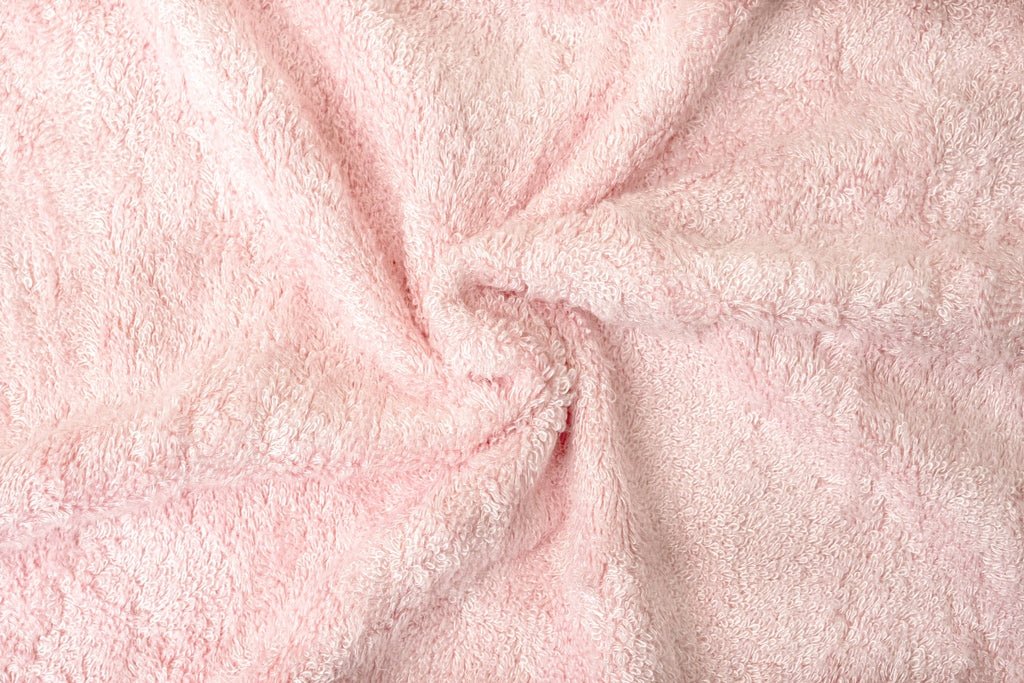
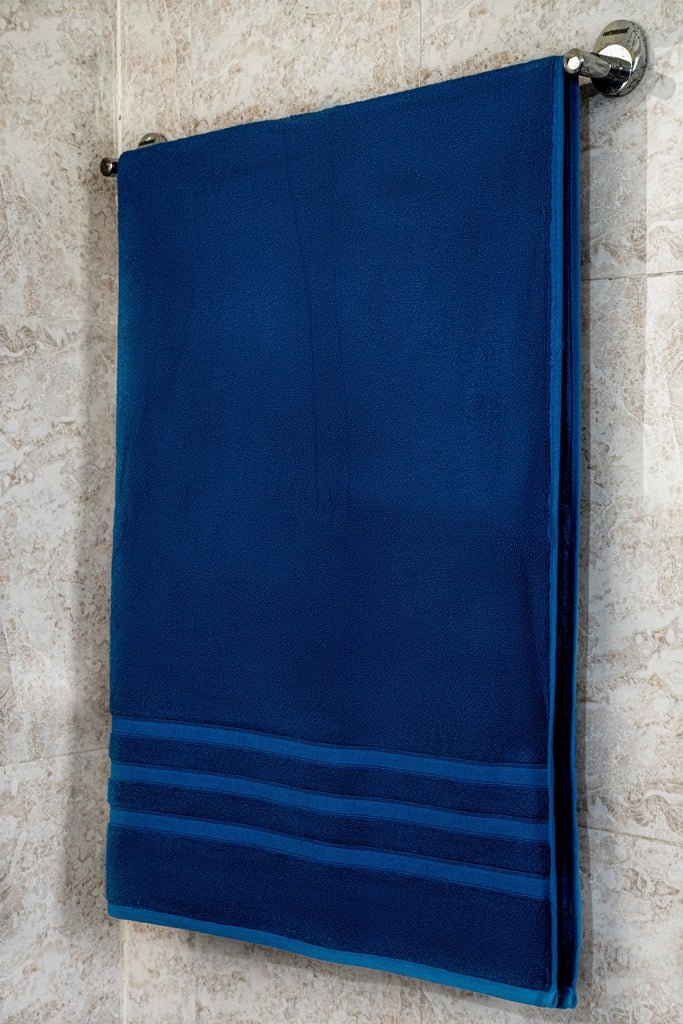
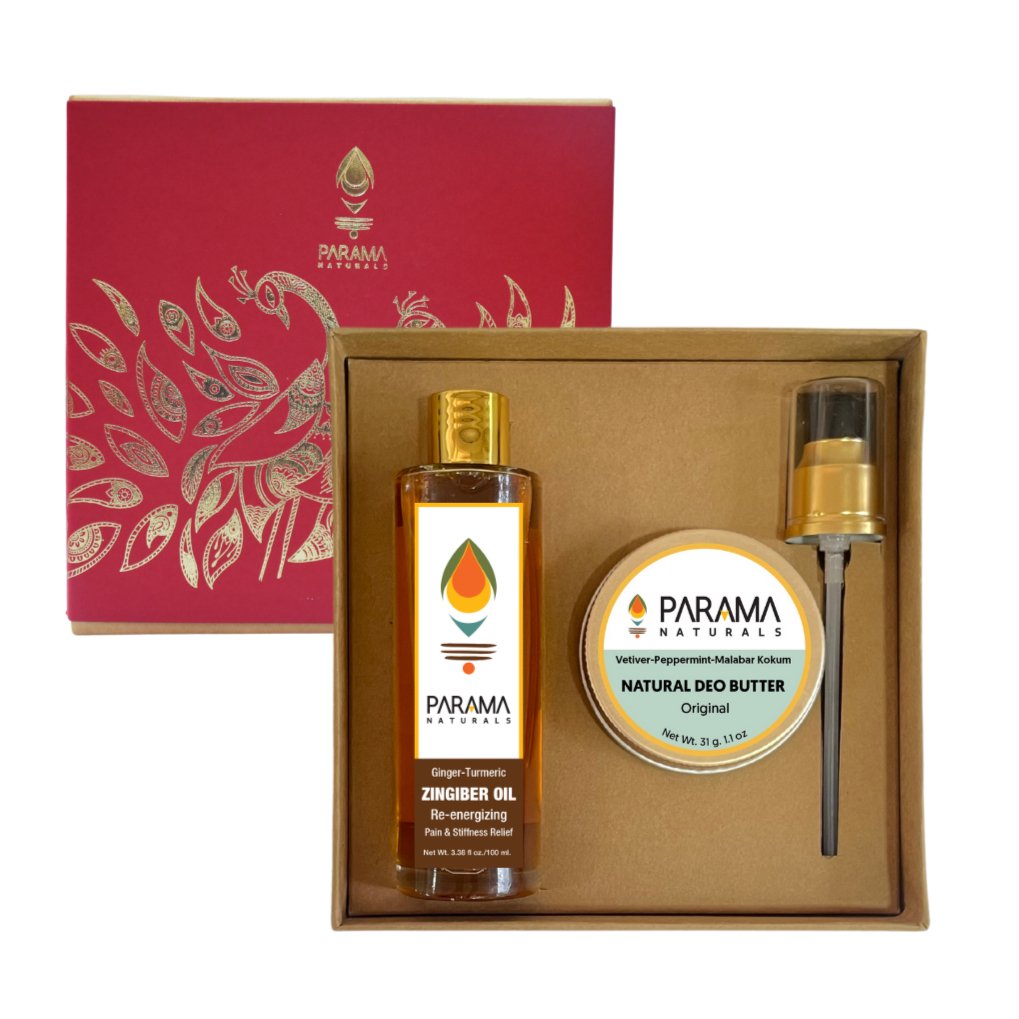
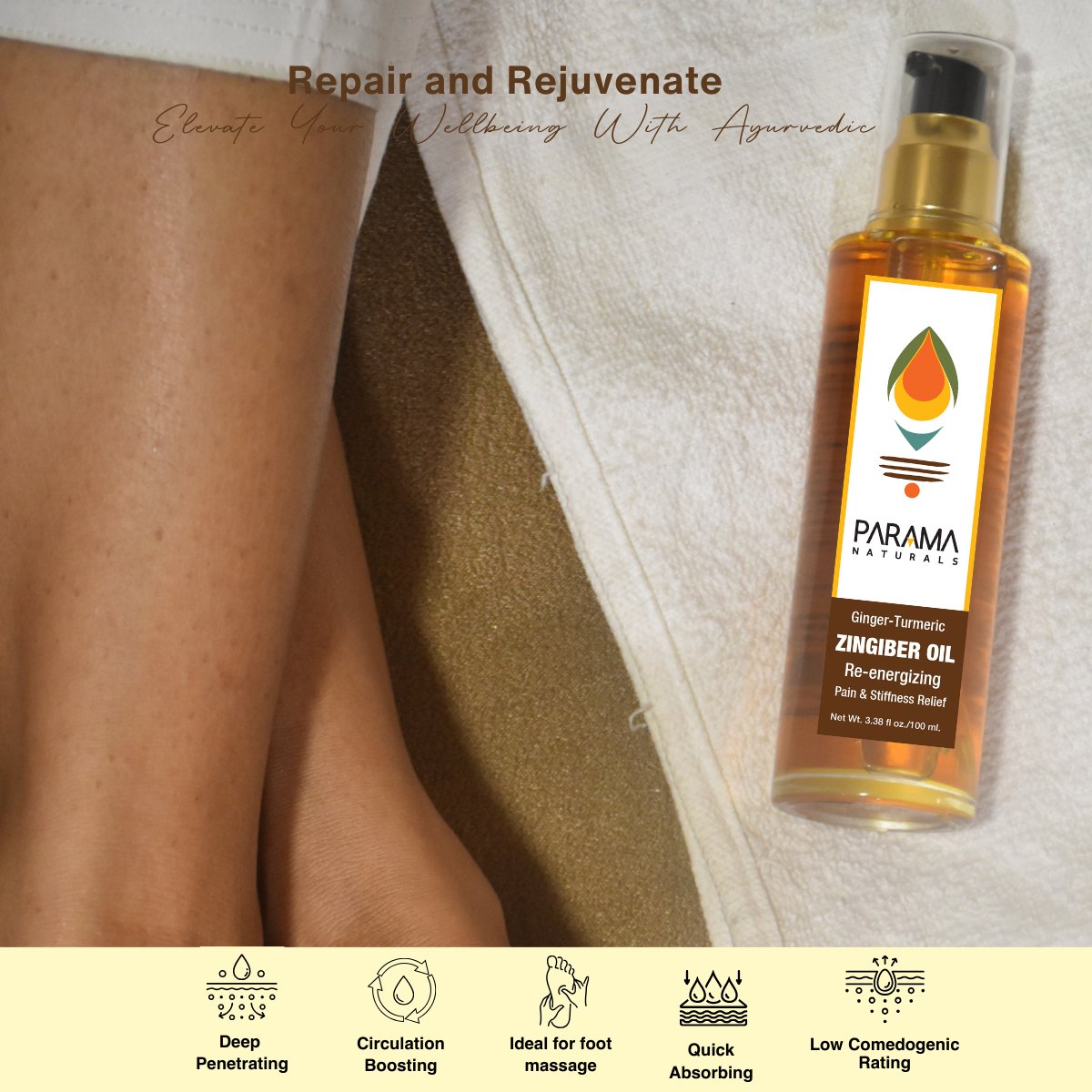
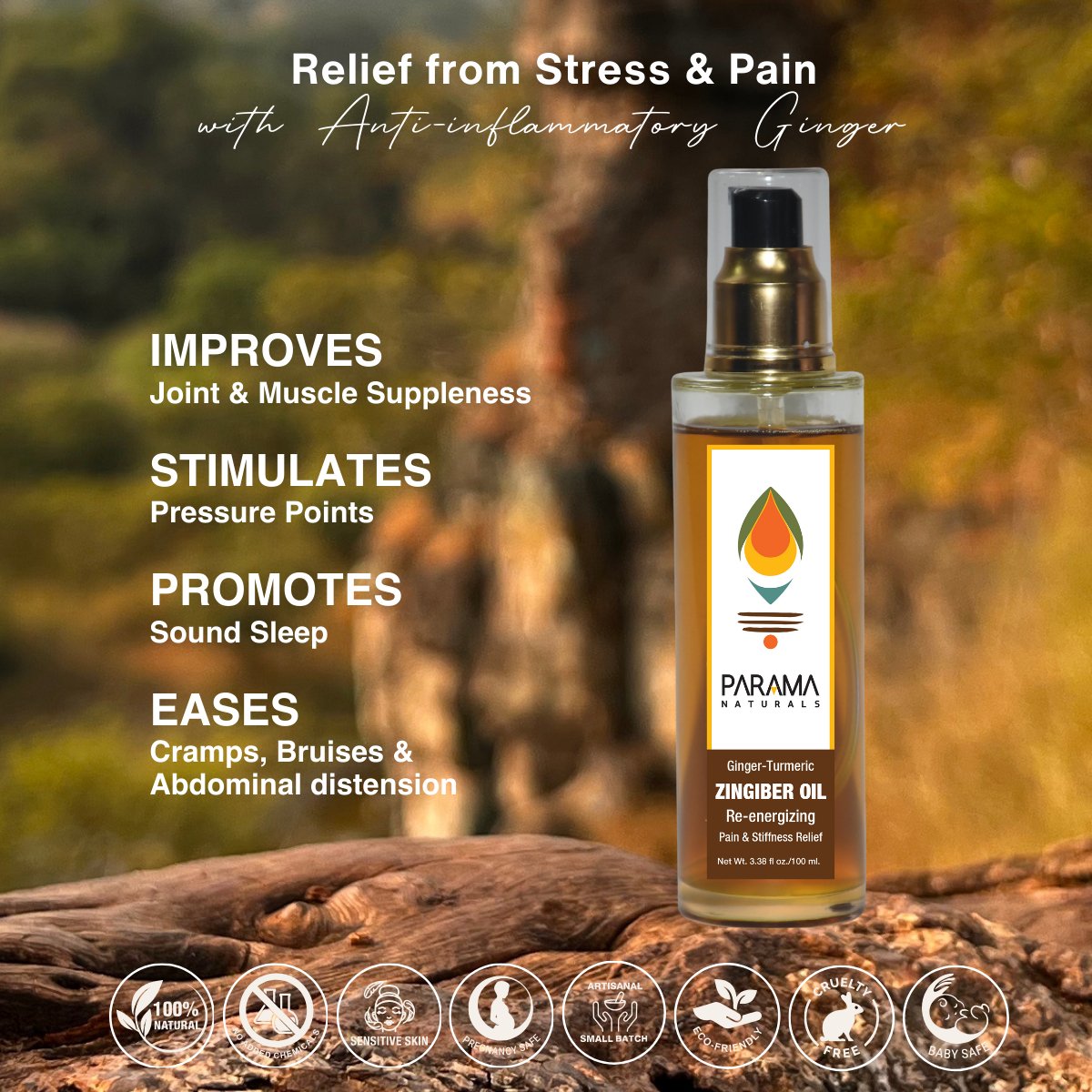
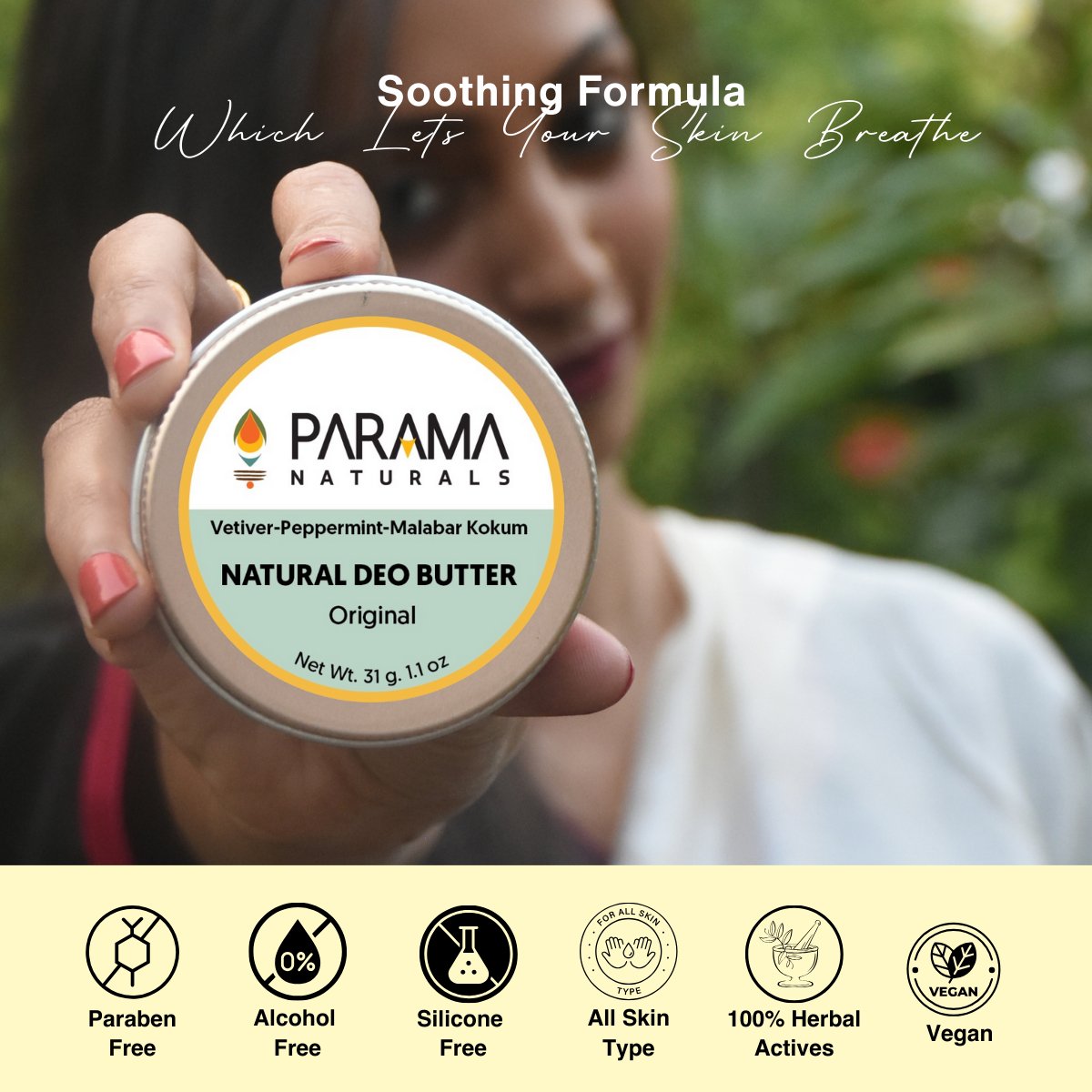
Share:
Life with an Earth-Loving Partner
Perfectly Imperfect: My journey of Becoming Sustainable by Pragya Kapoor